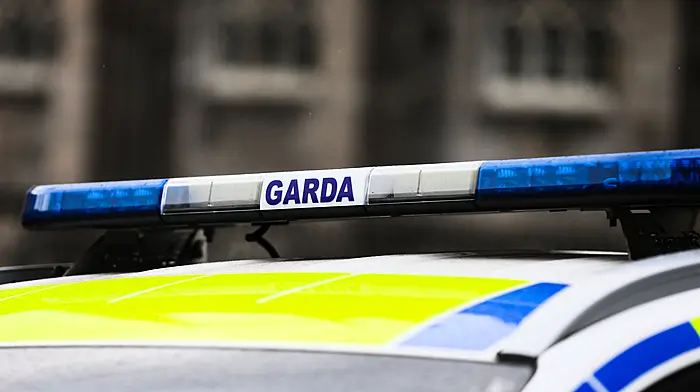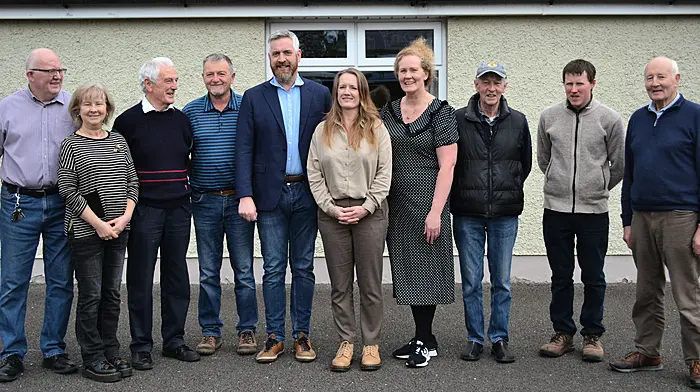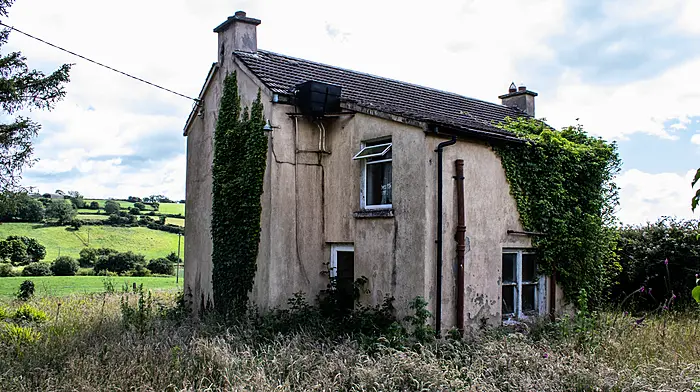AMONG the few good things to come out of the lockdown of an estimated half of the world’s population in recent weeks was a reduction of millions of tons of carbon emissions. It is amazing that, when human, industrial and transport activity, especially air travel, in the developed world slows down, how much emissions are reduced and it certainly rubbishes the arguments of climate change naysayers.
With so many people working remotely and, therefore, not commuting to workplaces and everybody only allowed to make what are deemed as essential journeys, carbon emissions have been dramatically reduced in the transport sector due an estimated 70% reduction in traffic on our roads. This has contributed to a dramatic drop in noise pollution too and people are more conscious of the natural world all around them with birdsong that was always there actually being heard and nature generally more appreciated as we are being given time out from the treadmill of a lifestyle that many say they will now be re-evaluating when the Covid-19 restrictions are lifted.
The quality of the air in cities has improved and, in Milan, which suffered so badly from the effects of the coronavirus, the authorities are thinking of continuing the ban on traffic in its centre, apart from delivery vehicles, in order to improve the quality of life for citizens and visitors alike. However, its wider heavily-industrialised hinterland will still have a huge task ahead to reduce its considerable carbon emissions.
Across at the other side of northern Italy, Venice has seen aquatic life regenerate itself in its canals and waterways since it was closed down to tourists, validating the arguments by environmentalists that it had been overwhelmed by tourism and its attendant pollution. Cruise liners visiting the city really add to the pressure on its environment and a holistic review of their true value is called for.
In Ireland, where tourism in a valuable industry, we are not in the same league as places like Venice and can comfortably handle the cruise liner business we have, but outbreaks of Covid-19 on some ships during the pandemic may make people more wary of going on cruises, certainly in the medium term.
Being an island nation, however, we are more dependent on air transport to land the majority of our overseas visitors here, but again it will take some time before people feel comfortable about flying again unless they are for essential journeys. As happened during the last recession a decade ago, ‘staycations’ helped bolster the recovering tourism sector because they offered value for money and the industry needs to get back to providing this again, backed by appropriate government incentives.
There are a lot of ways we can reduce our transport emissions and remote working has shown that there is a lot of unnecessary commuting going on. When the restrictions are lifted, companies will be able to evaluate the productivity element of the enforced experiment of employees working remotely and, perhaps, make it a greater part of the norm whereby they don’t need to come into the office as often as heretofore.
The environmental impact this would have can only be positive in terms of reducing carbon emissions caused by transport and on employees’ own lifestyles. It would be too serious an opportunity to miss to cut down on carbon emissions generally.
It was pleasing to note last week in the Carbery Group’s annual report for 2019 that, across the group globally, production had increased by 20% since 2017, but carbon emissions had been reduced by 11.7% and the company aims to be carbon neutral by 2035 across all Carbery locations. Farmers, often the whipping boys in the climate change debate, have been doing their bit too to reduce their carbon footprint – although it is acknowledged that there is much more to do – but the current restrictions have made people generally more appreciative of farmers’ crucial role in food production, as few, if any, have gone without during the Covid-19 crisis.
The bottom line, however, is that Ireland is still a laggard in reducing greenhouse gas emissions and in meeting its renewable energy supply targets. A Sustainable Energy Authority of Ireland report published last week, based on 2018 data, showed we have made the third-lowest progress of EU member-states, ranked 26th out of 28, at 11%, towards meeting a binding target of 16% of gross final consumption of renewable energy by 2020.
Minister for Communications, Climate Action and Environment, Richard Bruton TD, opined that these figures pre-date last year’s Climate Action Plan. He acknowledged, however, that ‘as we design a recovery plan from this present Covid crisis, we need to do everything possible to rebuild on a sustainable foundation, consistent with confronting the climate emergency.’
If the Green Party is to go into government with Fianna Fáil and Fine Gael, it will be on the basis on more ambitious – and hopefully realistically-achievable – annual emissions reduction targets. And, definitely not before time.










